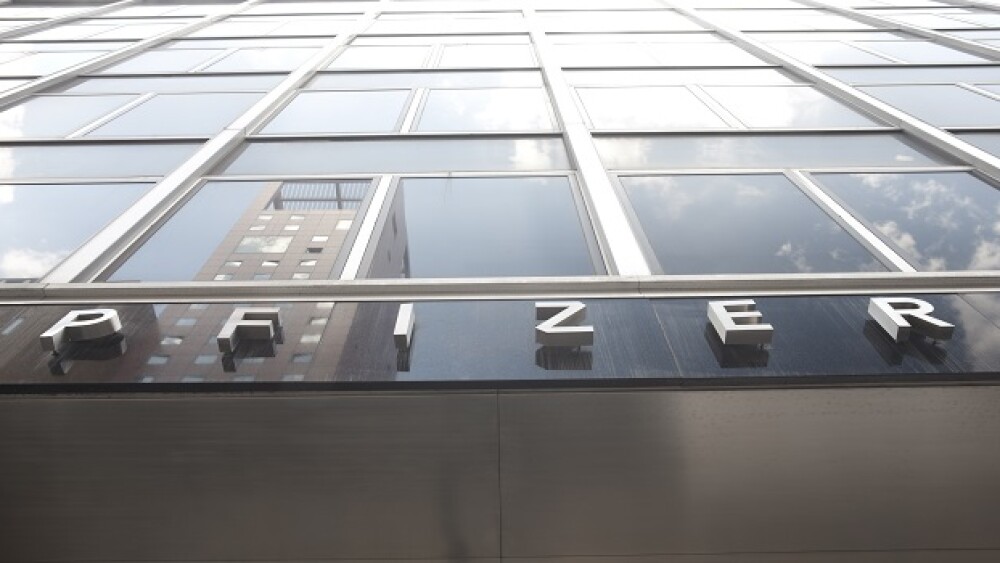KENILWORTH, N.J.--(BUSINESS WIRE)--Merck (NYSE:MRK), known as MSD outside the United States and Canada, today announced the first presentation of findings from KEYNOTE-164 and KEYNOTE-158, two phase 2 studies evaluating KEYTRUDA® (pembrolizumab), the company’s anti-PD-1 therapy, in patients with advanced microsatellite instability-high (MSI-H) or mismatch repair deficient (dMMR) solid tumors. The studies showed overall response rates (ORR), regardless of histology, with ORR between 28 percent (95% CI, 17-41) and 38 percent (95% CI, 27-49) across patients with MSI-H/dMMR colorectal cancer (CRC) and other advanced MSI-H/dMMR solid tumors, respectively. These findings will be presented on Monday, June 5 at the 2017 American Society of Clinical Oncology (ASCO) Annual Meeting in Chicago (Abstract #3071).
“These important data build on the research to date showing clinically meaningful responses with pembrolizumab (KEYTRUDA) monotherapy across a wide range of tumors with MSI-H or dMMR status in patients whose disease is locally advanced or metastatic,” said Dr. Luis A. Diaz, Jr., head of the division of solid tumor oncology, Memorial Sloan Kettering Cancer Center. “Moreover, these data confirm the initial findings we made demonstrating the value of MSI-H or dMMR tumor status as a predictive biomarker for KEYTRUDA for these difficult-to-treat cancers.”
“These data exemplify our commitment to advancing the use of biomarkers to help identify patients most likely to benefit from KEYTRUDA,” said Dr. Roger Dansey, senior vice president and therapeutic area head, oncology late-stage development, Merck Research Laboratories.




